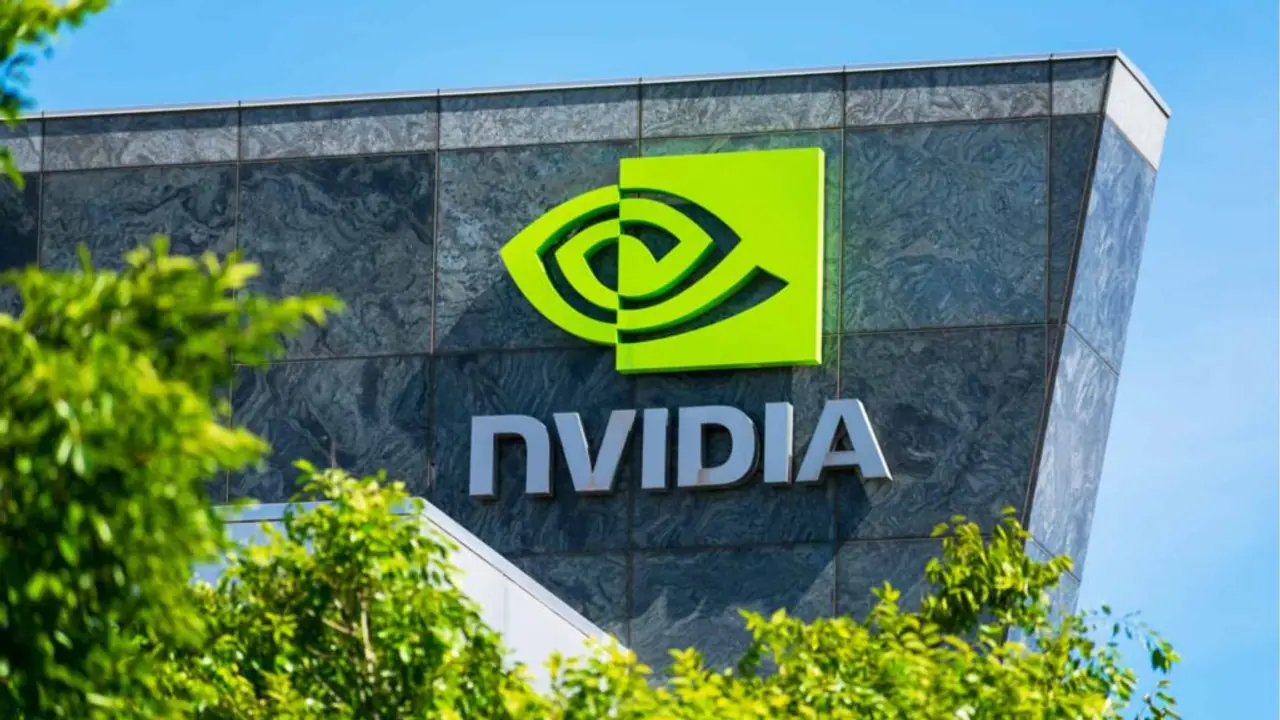Nvidia’s Jensen Huang has on more than one occasion called for lowering the export curbs before American companies lose market share to homegrown rivals such as Huawei.
Tech companies in China have started to rely on indigenous chips for their development of artificial intelligence (AI) after US President Donald Trump clamped down on Nvidia’s ability to sell such chips to China, Financial Times reported.

The report cited industry executives who said that Alibaba, Tencent and Baidu were among those starting to test alternative semiconductors to meet AI-related internal demand and client needs. It is also reported that the Nvidia stockpile in China would only be able to sustain AI development until around early next year, leading to urgent measures by the tech firms.
Meanwhile, Chinese firms are reportedly accelerating efforts to evaluate and deploy domestically produced alternatives, such as chips developed by Huawei’s Ascend series, Baidu’s Kunlun processors, and startups like Hygon and Biren Technology.
To counter this, the US had warned companies against using chips made by Huawei ‘anywhere in the world.’ According to reports, the company found using Chinese technology would violate US export control rules.
There are also reports that Nvidia, along with artificial intelligence peer Advanced Micro Devices (AMD), are readying China-specific high-performance computing chips that could be used for AI workloads.
Taiwanese publication Digitimes reported that the two AI stalwarts are quickly adjusting their chip designs to reduce specifications and plan to launch the new China chips as early as July.
Nvidia’s chips, based on the newest Blackwell architecture, go by the codename B20, and the one from AMD’s stable is dubbed Radeon AI PRO R9700. Both models can support the large-language models of the Chinese AI startup DeepSeek.
Nvidia’s Jensen Huang clarified earlier this month that the company’s next chip for China, after the H20 chip, built as a workaround for the U.S. China chip curbs will not be based on the Hopper architecture. Huang has on more than one occasion called for lowering the export curbs before American companies lose market share to homegrown rivals such as Huawei.


